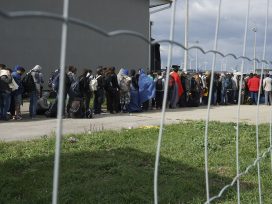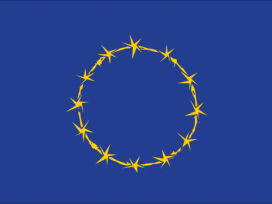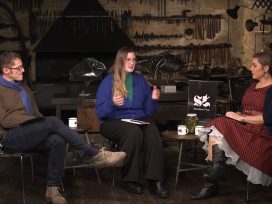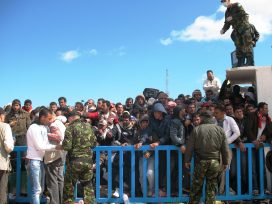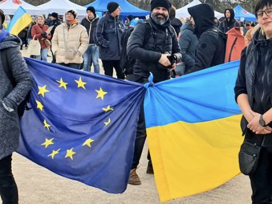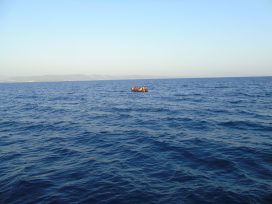Why did you come here. Why are you here. What are you doing. What are you doing here. Who are you. What’s your name. What do you want. What are you thinking about. What do you wish for. What do you want. Why are you standing here. What are you waiting for. What’s your name. Where is your mum. Where is your dad. What’s his job. What’s your job. What do you want. What do you eat. Do you eat meat. Do you eat fish. Do you like spicy food. Do you like mild food. Are you in good health. What health problems do you have. What health problems have you had. Do you know how to read. Do you know how to write. Do you know how to whistle. What language do you speak. Do you know Finnish. English. German. Portuguese. Do you understand Danish. What do you want. What kinds of clothes do you like. Are you interested in sex. Are you sad. What are you doing. Why are you standing here. Why are you not talking. What do you want. What do you like to do in your spare time. Do you like going to the beach. Swimming. Diving. Mountain climbing. Fishing for crabs. For crayfish. What do you want. Do you ski. Are you from Skåne. Gästrikland. Småland. Jämtland. So where are you from then. What’s your best colour. Why. What do you want. Who is your best friend. Where do you live. Who are you. What are you doing. What do you want. Are you in love. With whom. What do you want. What’s his name. Hers. Why are you standing here. When did you arrive. Are you hungry. Do you want cookies. Do you want a spanking. Do you want cock. Do you want to have fun. What do you want. Why are you not laughing. Who are you. Where do you live. Why are you standing up. What are you thinking about. What do you want. Do you make things. Songs. Music. Do you play an instrument. Do you like travelling. Where are you from. Are you happy. Why are you not laughing. When did you arrive. When are you leaving. What do you want. How much do you cost. Who pays. How much do you eat. How are your teeth. Your stomach. Nerves. What do you want. Who is going to pay. Where do you live. Where do you sleep. Who are you. What do you want. Me. Us. Why did you come here. Do you know where you are. Why not. What do you want. What health problems are you going to have. Are you creative. What do you want. Are you horny. When did you arrive. Why are you standing here. What’s your name. What do you want. Why do you act. How long are you planning on staying. Did you bring sheets.
